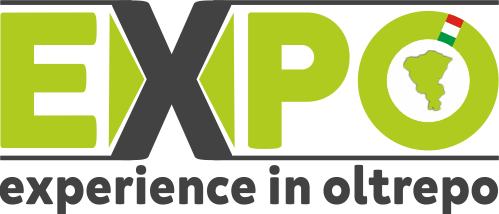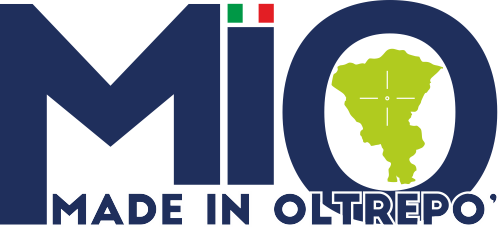In the Oltrepò Pavese, a land rich in economic opportunities, many young entrepreneurs are attracted by the possibility of starting their own business. However, during the business start-up phase, they face various challenges and difficulties that require them to make important choices.
The focusoltrepo.it website has illustrated the economic potential of the Oltrepò Pavese area and provided advice on how to make the most of it. However, the choice of legal form for running a business is another crucial aspect to consider.
According to data provided by Unioncamere-Infocamere, the most commonly used legal form in Italy in the last period is the srls (Società a Responsabilità Limitata Semplificata - Limited Liability Simplified Company). In the last two years, srls have grown by 44% and currently more than 50% of simplified srls are single-member companies.
The advantages of setting up an Srls
The decision to set up a business in the form of an Srls can be motivated by the simplification and reduction of initial bureaucratic costs. Compared to setting up a traditional limited liability company, there are no notary fees or stamp duty on the memorandum of association or for registration in the commercial register. The only tax due is the registration tax, in addition to the CCIAA secretarial fee. The average initial costs for setting up an Srls amount to €500, while for a traditional Srl they are around €1,500.
SRLS or sole proprietorship: which legal form should you choose for your business as a sole proprietor?
When choosing the most suitable legal form for starting a business, the sole proprietor is required to conduct a careful evaluation of the characteristics and implications of both the sole proprietorship and the simplified one-man limited liability company. The latter represents a business solution that is similar to the sole proprietorship, but offers the entrepreneur the possibility of limiting his liability by ensuring the separation of personal assets from those of the company. In contrast, in the sole proprietorship, the entrepreneur assumes unlimited liability for business debts. Although the sole proprietorship is in decline, both solutions have advantages in terms of reduced start-up costs and simplified procedures.
The choice of legal form for a company depends on several factors, including one‘s business objectives, desired corporate structure and management and liability requirements. It is therefore advisable to consult a legal or tax expert to carefully assess which options are best suited to your needs and the specific context in which you wish to operate.






















